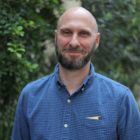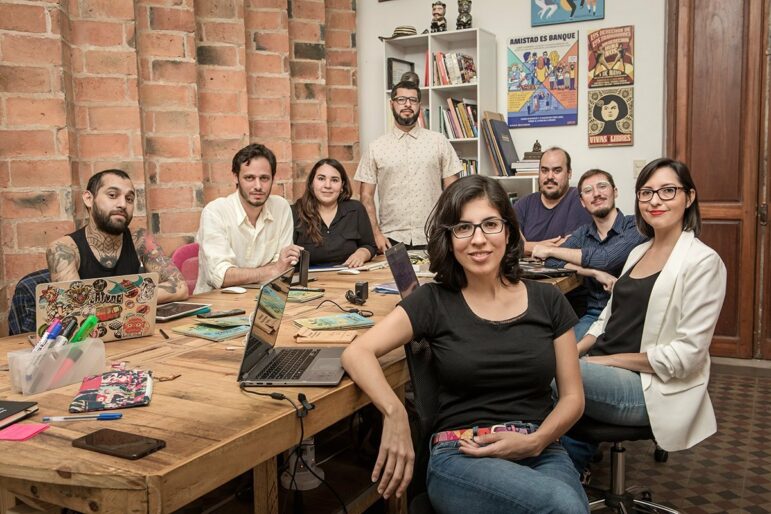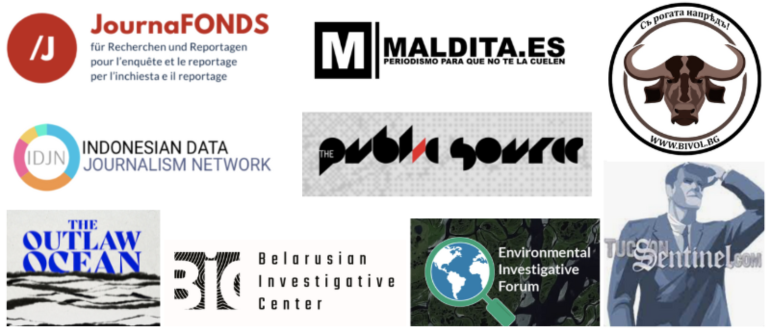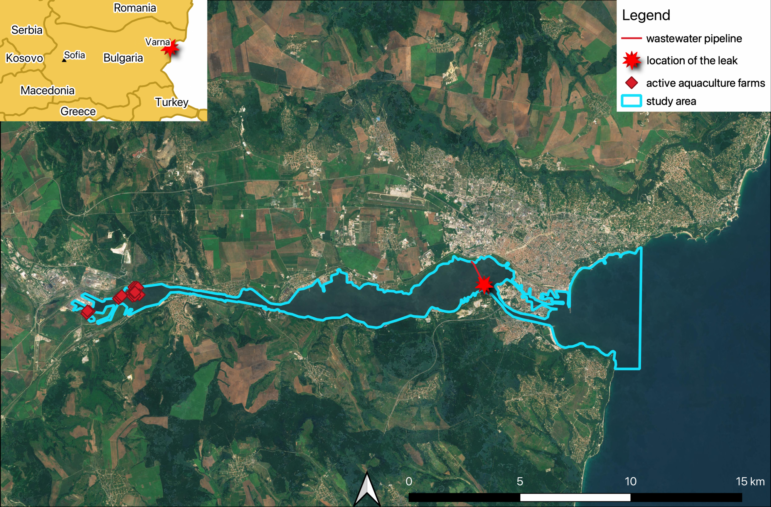

From Croatia to Uganda: GIJN Welcomes Six New Member Organizations
Read this article in
The Global Investigative Journalism Network is delighted to welcome six new members: nonprofit organizations tackling the most pressing issues in the world, from deforestation to government corruption to Russian military interference, and focusing on the need for watchdog journalism training.
Approved by a unanimous vote of the GIJN Board of Directors, the six successful applicants grow GIJN’s global community to 250 member organizations in 91 countries.
Among the list, we welcome GIJN’s first member from Uganda, the Kampala-based African Centre for Media Excellence, which trains East African journalists, and supports their investigative pitches and projects with grants and mentorship.
“We are honored to welcome these organizations that are doing critical work uncovering stories on topics such as climate change, corruption, human rights abuses, as well as training new generations of investigative journalists,” said Emilia Díaz-Struck, executive director of GIJN. “Their commitment to accountability and high journalism standards, greatly valued by our community, is key during these crucial times for society and journalism. We are excited to see our network grow.”
Please join us in welcoming our newest members.
 Oštro, Centar za istraživačko novinarstvo (Croatia) is a nonprofit center for investigative and data journalism in the Adriatic region, covering Slovenia, Croatia, and Italy. Launched in 2018, Oštro champions “the right to know” as a fundamental human right, and its public interest projects often involve collaborations with major data journalism networks. Its journalists produced several investigations as part of the global Pandora Papers project, led by the International Consortium of Investigative Journalists (ICIJ) and was a media partner of the Organized Crime and Corruption Reporting Project’s (OCCRP’s) Russian Asset Tracker project, which traced hidden oligarch wealth outside Russia. The team’s latest “Detektor imovine” project monitors declared and undeclared assets held by Croatian officials.
Oštro, Centar za istraživačko novinarstvo (Croatia) is a nonprofit center for investigative and data journalism in the Adriatic region, covering Slovenia, Croatia, and Italy. Launched in 2018, Oštro champions “the right to know” as a fundamental human right, and its public interest projects often involve collaborations with major data journalism networks. Its journalists produced several investigations as part of the global Pandora Papers project, led by the International Consortium of Investigative Journalists (ICIJ) and was a media partner of the Organized Crime and Corruption Reporting Project’s (OCCRP’s) Russian Asset Tracker project, which traced hidden oligarch wealth outside Russia. The team’s latest “Detektor imovine” project monitors declared and undeclared assets held by Croatian officials.
 Lelio Basso School of Journalism, Fondazione Lelio e Lisli Basso Onlus (Italy) trains aspiring journalists in critical thinking, investigative reporting, and the multimedia techniques needed to tell impactful public interest stories. Housed within Italy’s prestigious Onlus research center, the Lelio Basso School of Journalism also instructs young journalists in the underlying social and economic causes of human conflict and exploitation.
Lelio Basso School of Journalism, Fondazione Lelio e Lisli Basso Onlus (Italy) trains aspiring journalists in critical thinking, investigative reporting, and the multimedia techniques needed to tell impactful public interest stories. Housed within Italy’s prestigious Onlus research center, the Lelio Basso School of Journalism also instructs young journalists in the underlying social and economic causes of human conflict and exploitation.
 CU SENS Media Project (Moldova) designs its corruption and rights abuse investigations for video and mobile journalism formats. Partially supported by memberships, the nonprofit newsroom publishes stories on its own website, and on platforms like YouTube and Facebook, and notes that it applies “a number of methods and technologies characteristic of the ‘scroll generation.’” Its projects include efforts to provide a voice to Moldovan victims of corruption, and a check on media manipulation by politicians and legislators. In 2020, CU SENS was recognized as the debut journalism organization of the year by the Independent Journalism Center and the Committee for Free Press from Moldova.
CU SENS Media Project (Moldova) designs its corruption and rights abuse investigations for video and mobile journalism formats. Partially supported by memberships, the nonprofit newsroom publishes stories on its own website, and on platforms like YouTube and Facebook, and notes that it applies “a number of methods and technologies characteristic of the ‘scroll generation.’” Its projects include efforts to provide a voice to Moldovan victims of corruption, and a check on media manipulation by politicians and legislators. In 2020, CU SENS was recognized as the debut journalism organization of the year by the Independent Journalism Center and the Committee for Free Press from Moldova.
 The Project / Proekt (Russia) has broken major stories about Russia’s covert paramilitary operations in Africa, the secret wealth of President Vladimir Putin’s family, and the individual Russian units involved in the invasion and occupation of Ukraine. Now working in exile, Proekt was founded by Roman Badanin, a former editor-in-chief of the major independent Russian channel TV Rain, and continues to produce investigations in the Russian language.
The Project / Proekt (Russia) has broken major stories about Russia’s covert paramilitary operations in Africa, the secret wealth of President Vladimir Putin’s family, and the individual Russian units involved in the invasion and occupation of Ukraine. Now working in exile, Proekt was founded by Roman Badanin, a former editor-in-chief of the major independent Russian channel TV Rain, and continues to produce investigations in the Russian language.
 The African Centre for Media Excellence (Uganda) has been training, mentoring, and coaching journalists in East Africa for more than a decade. With support from the European Union and the Democratic Governance Facility, ACME has provided in-depth investigative training to more than 100 rural and urban journalists in Uganda since 2020, and more than a dozen from Kenya and Tanzania in 2022. The mentorship includes help with story brainstorming and data sourcing, and limited grant support where possible. The center also organizes the Uganda National Journalism Awards to encourage quality local investigative journalism.
The African Centre for Media Excellence (Uganda) has been training, mentoring, and coaching journalists in East Africa for more than a decade. With support from the European Union and the Democratic Governance Facility, ACME has provided in-depth investigative training to more than 100 rural and urban journalists in Uganda since 2020, and more than a dozen from Kenya and Tanzania in 2022. The mentorship includes help with story brainstorming and data sourcing, and limited grant support where possible. The center also organizes the Uganda National Journalism Awards to encourage quality local investigative journalism.
 The Gecko Project (United Kingdom) is a nonprofit newsroom that investigates the role of land use in critical issues such as climate change, deforestation, food security, biodiversity loss, and the rights of marginalized communities. Founded in 2017, and an independent organization since 2019, The Gecko Project (TGP) uses media partnerships to deepen its investigative work and amplify its reach, and has been recognized with investigative prizes from the Society of Environment Journalists and elsewhere. Environmental and human rights abuses in Indonesia are a major focus, and its 2022 investigation into mass land share violations by palm oil plantation companies in the country — published in collaboration with Mongabay and BBC News — was chosen as one of GIJN’s best investigative stories from Southeast Asia that year.
The Gecko Project (United Kingdom) is a nonprofit newsroom that investigates the role of land use in critical issues such as climate change, deforestation, food security, biodiversity loss, and the rights of marginalized communities. Founded in 2017, and an independent organization since 2019, The Gecko Project (TGP) uses media partnerships to deepen its investigative work and amplify its reach, and has been recognized with investigative prizes from the Society of Environment Journalists and elsewhere. Environmental and human rights abuses in Indonesia are a major focus, and its 2022 investigation into mass land share violations by palm oil plantation companies in the country — published in collaboration with Mongabay and BBC News — was chosen as one of GIJN’s best investigative stories from Southeast Asia that year.
 Rowan Philp is GIJN’s senior reporter. He was formerly chief reporter for South Africa’s Sunday Times. As a foreign correspondent, he has reported on news, politics, corruption, and conflict from more than two dozen countries around the world.
Rowan Philp is GIJN’s senior reporter. He was formerly chief reporter for South Africa’s Sunday Times. As a foreign correspondent, he has reported on news, politics, corruption, and conflict from more than two dozen countries around the world.
Updated Mar. 1, 2024: The name and logo of the member organization from Italy was updated to reflect that the journalism school from the foundation received GIJN membership.









